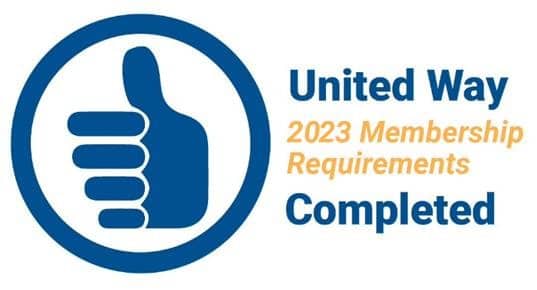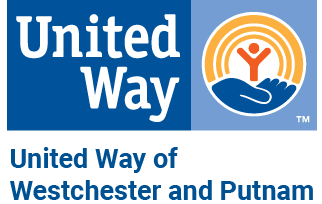
PUBLIC HEALTH: DAY 5 RACISM AND BIAS IN MEDICINE TODAY

Have you ever been to the doctor and have them tell you that the pain or discomfort you are feeling isn’t real or isn’t serious? Do you worry that, in an emergency, unconscious bias could delay or deny you life-saving care? If you are a person of color this is an all too common experience. Today we are learning how a history of racism in American medicine combined with unconscious bias from health care professionals is impacting the quality of care that people of color receive today.
A study published by the National Institute of Minority Health and Health Disparities and Columbia University found that “Black patients with problems comparable to whites got less attention from nurses, fewer tests and less sophisticated or no heart treatments.” A case in point is tennis legend Serena Williams’ concerns about blood clots being dismissed.
Research by the Univ. of Albany School of Public Health showed that white physicians perceived Black patients and low-income patients less intelligent than white patients and those with higher income. The Journal of Ethnic and Racial Studies indicated that when doctors and nurses were asked anonymously to explain racial inequalities in healthcare, most providers saw Black patients as “passive” and “unintelligent,” and blamed them for not making pointed care requests of their providers.
Black people continue to suffer disproportionate health disparities in Westchester as they do elsewhere. In 2017, hospitalizations for strokes were more than twice as high for Black people as for white people. Most recently, data gathered on COVID-19 vaccine distribution in the county showed that 90% of the recipients were white, despite the fact that people of color were diagnosed with and dying from the virus at rates twice as high. Racism appears to be as deadly as the pandemic.
Read this article about the dangerous racial and ethnic stereotypes that still exist in medicine today and how they impact the care that people of color receive from their healthcare providers.
Listen to this podcast about how unconscious bias becomes dangerous in emergency medical situations where providers are much more likely to default to making decisions based on stereotypes.
Watch this interview with Harriet Washington, author of “Medical Apartheid” who talks about how, even though the worst medical practices of 18th and 19th centuries are over, there are still a lot of medical research studies that can be abusive.
Read about how outbreaks of new diseases have historically lead to racial scapegoating and why we need to be vigilant against rising anti-Asian racism fueled by fear of Coronavirus.
These articles were curated by a local committee to be used as a list of resources pertinent to DEI topics. The 21-Day Racial Equity Challenge Committee would like to thank and give attribution to those who created the content above, which reflects their individual perspectives. We do not support nor endorse any advertisements associated with the above content.
Take Action:
Write a letter to your local elected officials urging them to declare racism a public health crisis.
336 Central Park Avenue
White Plains, NY 10606
914.997.6700
Privacy Policy
Board Portal
Career Opportunities

